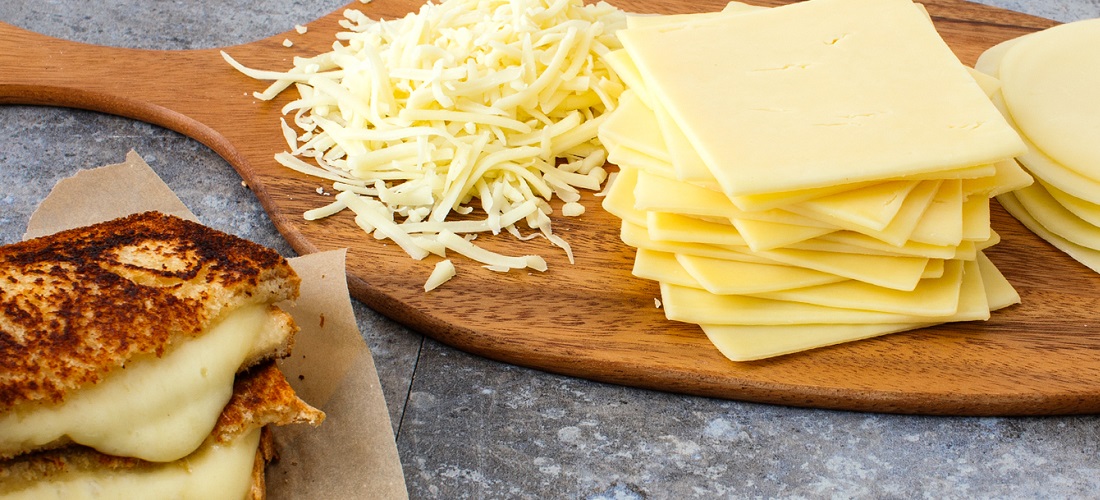
Brazil Dairy Imports Surge Despite New Regulations; Industry Protests
Feb, 29, 2024 Posted by Gabriel MalheirosWeek 202409
Despite recent efforts by the federal government to discourage imports, dairy product imports are still on the rise. This has left producers worried about the effectiveness of the measures put in place. The Ministry of Agriculture and Livestock has attributed the surge to “preventive imports,” deals that were finalized before the new regulations came into effect.
Last October, the Brazilian government issued Decree No. 11,732. This decree outlines that companies eligible for certain tax benefits, known as PIS and Cofins, can only qualify if they meet specific criteria. These criteria include not importing dairy products from Mercosur countries and actively participating in the Ministry of Agriculture’s Healthy Milk Program. PIS (Program for Social Integration) and Cofins (Contribution for the Financing of Social Security) are taxes levied on businesses in Brazil. They are used to fund social programs and public services. Under the decree, eligible companies can receive up to 50% of the presumed credit for these taxes when purchasing fresh milk from Brazilian producers. Importers, however, are subject to a reduced rate of 20%.
In the first half of February alone, dairy imports surged to 187 million liters in milk equivalent, surpassing the total for the entire month of February 2023, which stood at 156.5 million liters. This information comes from data provided by the Ministry of Industry, Foreign Trade, and Services. The average daily import volume remained consistent until the 24th, holding steady at 1,184 tonnes compared to the previous month. In January, imports amounted to 207 million liters in milk equivalent, marking a notable 32% increase compared to the same month last year.
“The imports remain high. It’s difficult to ascertain whether the new rule will be effective,” stated Geraldo Borges, President of the Brazilian Milk Producers Association (Abraleite), highlighting that in 2023, imports hit a record high, reaching 2.25 billion liters in milk equivalent, a 68.8% increase compared to 2022.
The following chart shows a month-on-month breakdown of Brazilian dairy imports (hs codes 0400 to 0406) between January 2022 and December 2023. The data is from Datamar’s maritime intelligence service DataLiner.
Brazilian Dairy Imports | Jan 2022 – Dec 2023 | TEUs
Source: DataLiner (click here to request a demo)
The Ministry of Agriculture and Livestock mentioned that the effectiveness of the decree is currently “under evaluation,” and the volumes that entered the country in January and February relate to deals made beforehand. “The initial evaluation suggests that preventive imports occurred before the amendment came into effect. A more thorough analysis will assess the effectiveness of the measure,” they noted in a statement.
Imported dairy products mainly originate from Argentina and Uruguay. According to Borges, the major importers include dairy companies, trading firms, food industries, supermarket chains, and restaurants. “If they see lower prices, they import, which harms Brazilian milk producers who don’t receive subsidies,” he remarked.
Glauco Carvalho, an economist and researcher at the Milk Intelligence Center (Cileite) of Embrapa, noted that the decree only affects dairies that import dairy products. Retailers and trading firms are not affected by the rule. “The import volume is likely to be high in February,” he said. He added that there is an expectation of a slowdown in imports in the coming months due to rising international prices, but this will also depend on price trends in Brazil.
In December 2023, the latest data from Cepea/Esalq showed that the milk price paid to producers reached R$ 2.03 per liter, a 19.4% decrease over 12 months. According to Abraleite, production costs range from R$ 1.80 to R$ 2.25 per liter, depending on the region. Producer profitability in January, according to Carvalho, was 19.6% lower than in the same month in 2023.
According to Abraleite, there is currently a disincentive to produce milk in the country, especially for small producers. This is because the oversupply affects the value paid for raw milk. Last year, imports accounted for 6% of the total supply. Cileite estimates that dairy availability in Brazil grew by 5.07% in 2023, while industrial collection increased by 1.6%. Dairy prices were, on average, 2.5% lower in 2023.
Source: Globo Rural
Click here to read the original news report: https://globorural.globo.com/pecuaria/leite/noticia/2024/02/importacao-de-lacteos-cresce-apesar-de-medida-para-limitar-as-compras.ghtml
-
Ports and Terminals
Aug, 16, 2023
0
Jetty renewal project for Imbituba Port takes further steps
-
Other Cargo
Jul, 19, 2022
0
StoneX foresees diminished fertilizer imports in Brazil during H2 2022
-
Grains
Jul, 29, 2022
0
Turkey Launches Monitoring Site for Ukraine-Russia Grain Deal
-
Economy
Dec, 05, 2024
0
Uruguay’s Goods Exports See Up 14% Year-on-Year



